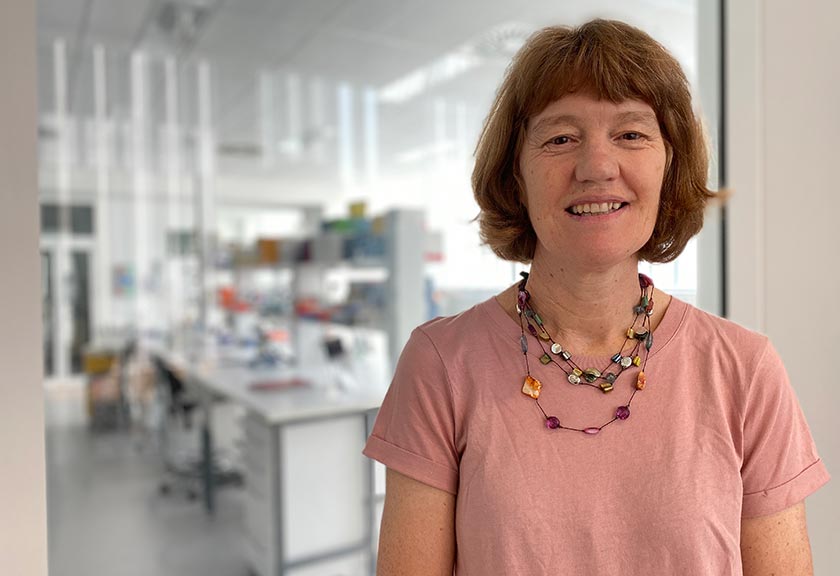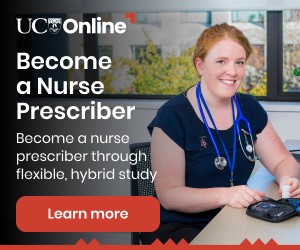The Infection, Prevention and Control Nurses College (IPCNC) is partnering with the Accident Compensation Corporation (ACC) to offer a free pilot course for new IPC nurses.
Interest in IPC nursing had grown since the emergence of COVID-19, and a skilled nursing workforce had never been more important, IPCNC chair Carolyn Clissold said. “COVID-19 has highlighted the need for constant vigilance in knowledge and practice in IPC and keeping an IPC workforce well-trained and resourced.”
The four-month online course is adapted from a Canadian model and allows students to study around their work.
Seven students are currently enrolled, but there have been more 30 inquiries since its launch, said Christchurch IPC nurse consultant Ruth Barratt, who runs the course, using Zoom to check in monthly with students. They include staff from district health boards, private surgical hospitals and clinics, hospices and aged care, she said.
While aimed at beginner IPC nurses from any health setting, it would be particularly helpful to those working in isolation, Barratt said. “At larger DHBs you get taught on the job, but if you’re alone in a small area or facility, this is a good course to teach you all the areas of IPC you need to know.”
IPC nurses were relatively few in number, but with the spotlight of COVID-19, interest was expected to grow, particularly in the residential aged care sector, Barratt said. But IPC education in New Zealand could be difficult to access and it generally took three to four years to develop the necessary experience and critical thinking skills. “There is no career path as such.”
It wasn’t always possible to commit to a full-time qualification, such as those offered at Toi Ohomai, she said.
Barratt, who did her master’s degree online at Griffith University in Australia, has worked as an IPC nurse for 23 years.
Clissold said ACC wanted to drive down avoidable hospital-acquired infections. “As a college, we pitched the idea to ACC and they accepted our proposal for a pilot orientation programme that would involve modules and a preceptor who would check in with the orientees.”
ACC injury prevention partner Delma Augustine said healthcare-associated infections were the most common treatment injury claim for ACC, yet most were preventable.
Clissold said the pilot would be evaluated in June.
The IPCNC had about 600 members. DHBs tended to have one to eight IPC nurses on staff, depending on size, but they had all been under huge pressure recently, Clissold said. “We have been hammered since last year with COVID-19 readiness and response in our areas, then in DHBs, managed isolation/quarantine facilities set up and oversight, worries about supply, fit, testing [of PPE] – and now vaccine oversight and delivery.”
See the Infection Prevention & Control Nurses College website for more details on this and other IPC education opportunities.




